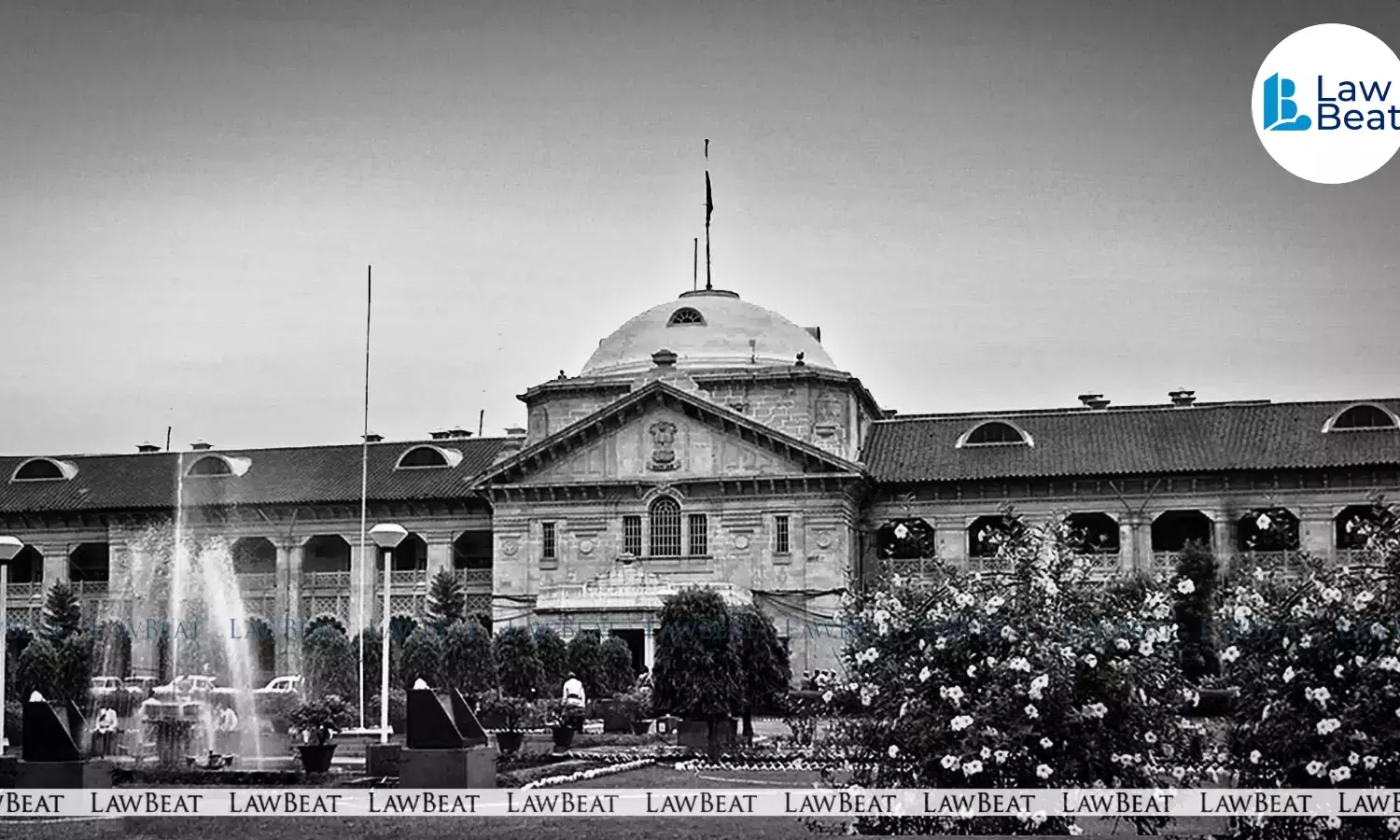Section 152 BNS: Why Allahabad HC Said Pro-Pakistan Posts Don’t Amount to Promoting Secession

The Allahabad High Court grants bail, stating pro-Pakistan social media post does not attract Section 152 BNS
The Allahabad High Court recently granted bail to a Meerut resident, Sajid Chaudhary, accused of endorsing pro-Pakistan sentiments on social media, stating that his actions did not amount to offences under the stringent Section 152 of the Bharatiya Nyaya Sanhita (BNS).
Chaudhary was arrested on May 13, 2025, and charged under Section 152 BNS in a case registered at Parikshitgarh police station, Meerut. The allegation was that he had forwarded a post on Facebook that read, “Kamran Bhatti Proud of You, Pakistan Zindabad".
During the hearing on his bail petition, his counsel argued that Chaudhary was innocent and had been falsely implicated due to ulterior motives. He stressed that Chaudhary had only forwarded a post and never created or circulated any inflammatory video. The counsel also highlighted that Chaudhary had no criminal antecedents and that prolonged incarceration without trial would be unjust.
The state opposed the bail plea, branding Chaudhary a separatist and pointing out that he had allegedly attempted similar actions in the past. However, the Additional Government Advocate admitted that Chaudhary had no prior criminal history. The prosecution also relied on the claim that Chaudhary’s actions endangered India’s sovereignty and integrity.
The bench of Justice Santosh Rai, after hearing both sides, examined the scope of Section 152 BNS, which is a newly introduced provision carrying severe punishment for promoting secession, armed rebellion, or activities threatening the sovereignty of India. Court underlined that such provisions must be applied cautiously and only when the alleged act clearly met the statutory criteria.
The judge noted that mere support for another country through social media posts, however objectionable, could not automatically amount to promoting separatism or rebellion. At most, the alleged conduct could fall under Section 196 BNS, which penalises acts likely to incite disharmony and carries a maximum sentence of seven years.
Court placed strong emphasis on the constitutional guarantee of free speech. Referring to the Supreme Court’s decision in Imran Pratapgadhi vs State of Gujarat (2025), Justice Rai reiterated that social media posts must be assessed from the standpoint of a “reasonable, strong-minded individual” and not through the lens of those with “weak and oscillating minds". Court warned against criminalising speech unless it directly endangered sovereignty or national integrity.
In granting bail, court also referred to the Supreme Court’s decision in Manish Sisodia vs Directorate of Enforcement (2024), which underscored the right to a speedy trial as an essential component of Article 21. The bench further acknowledged the severe problem of overcrowding in jails, noting that many are housing five to six times more inmates than their sanctioned capacity.
While releasing Chaudhary on bail, court imposed strict conditions. Court ordered Chaudhary to furnish a personal bond and two sureties, appear at all crucial stages of the trial, and refrain from seeking adjournments when witnesses are present. Any attempt to tamper with evidence, threaten witnesses, or misuse the liberty of bail could lead to its cancellation.
Case Title: Sajid Chaudhary vs State of U.P.
Order Date: September 25, 2025
Bench: Justice Santosh Rai
